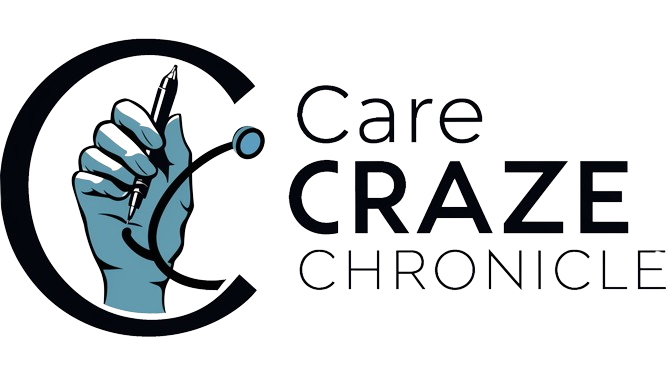What is thyroid disease?
Thyroid disease is a general term for a medical condition that keeps your thyroid from making the right amount of hormones. It can affect people of all ages.
Your thyroid is a small, butterfly-shaped gland located at the front of your neck under your skin. It’s a part of your endocrine system and controls many of your body’s important functions by producing and releasing thyroid hormones, like thyroxine (T4) and triiodothyronine (T3).
Your thyroid’s main job is to control the speed of your metabolism (metabolic rate). This is the process of how your body transforms the food you consume into energy. All the cells in your body need energy to function. When your thyroid isn’t working properly, it can impact your entire body.
Types of thyroid disease
The two main types of thyroid disease are hypothyroidism (underactive thyroid) and hyperthyroidism (overactive thyroid). But they each have several conditions that can cause them.
Conditions that can cause hypothyroidism include:
- Hashimoto’s disease: This is a lifelong (chronic) autoimmune condition that can cause an underactive thyroid. It’s the most common cause of hypothyroidism in countries with widely available iodized salt and other iodine-enriched foods.
- Iodine deficiency: Your thyroid needs iodine to make thyroid hormone, so a lack of the mineral in your diet can lead to hypothyroidism. It’s the most common cause of hypothyroidism in countries that don’t have iodized salt widely available. It often causes goiter (enlarged thyroid).
- Congenital hypothyroidism: Sometimes, babies are born with a missing or underactive thyroid. “Congenital” means “present from birth.” About 1 in every 2,000 to 4,000 babies have congenital hypothyroidism.
Conditions that can cause hyperthyroidism include:
- Graves’ disease: This is a chronic autoimmune condition that causes an overactive thyroid. It’s the most common cause of hyperthyroidism.
- Thyroid nodules: These are abnormal lumps on your thyroid gland. If the nodules are hyperfunctioning, they can lead to hyperthyroidism.
- Excessive iodine: When you have too much iodine in your body, your thyroid makes more thyroid hormones than you need. You may develop excessive iodine by taking certain medications, like amiodarone (a heart medication).
Conditions that can cause both hypothyroidism and hyperthyroidism at different times include:
- Thyroiditis: This is inflammation (swelling) of your thyroid gland. It typically causes temporary hyperthyroidism at first and then temporary or chronic hypothyroidism.
- Postpartum thyroiditis: This is a relatively rare condition that affects some birthing parents after pregnancy. An estimated 5% of people may experience this in the year after giving birth. It typically causes hyperthyroidism first, followed by hypothyroidism. It’s usually temporary.
How common is thyroid disease?
Thyroid disease is very common. About 20 million people in the United States have some type of thyroid condition.
